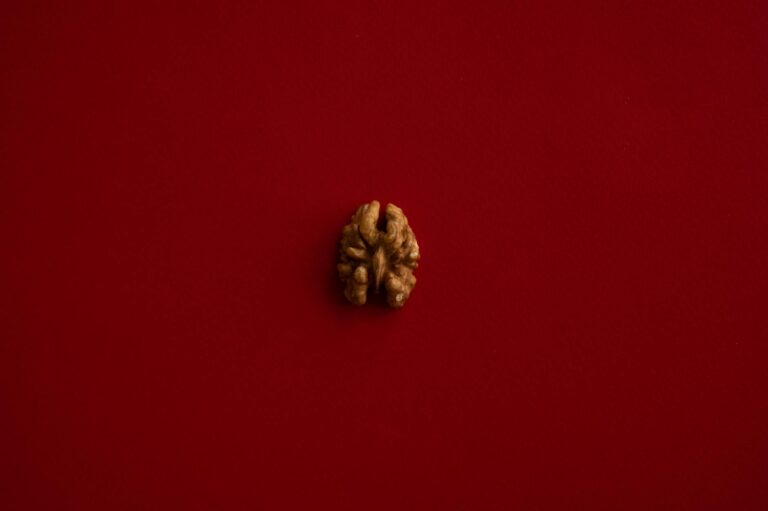Dementia is a neurological condition that affects millions of people worldwide. It is characterized by a decline in cognitive function, memory loss, and changes in behavior. While there is no cure for dementia, research has shown that making certain lifestyle changes can help slow down its progression and improve overall quality of life. One of the key factors in managing dementia is diet. In this article, we will focus on the importance of reducing caffeine and sugar intake in the management of dementia.
What is dementia?
Before we dive into the specifics of diet management for dementia, let’s first understand what this condition is and how it affects the brain. Dementia is an umbrella term used to describe a range of symptoms caused by various brain disorders. The most common type of dementia is Alzheimer’s disease, followed by vascular dementia, Lewy body dementia, and frontotemporal dementia.
Dementia affects different areas of the brain, leading to a decline in cognitive function. This includes memory loss, difficulty with language and communication, impaired judgment and problem-solving skills, and changes in behavior and mood. As the condition progresses, it can greatly impact a person’s ability to carry out daily tasks and ultimately lead to complete dependency on others.
How does diet play a role in dementia management?
While there is no specific diet that can prevent or cure dementia, research has shown that making certain dietary changes can help slow down its progression and improve overall brain health. A healthy diet can also reduce the risk of developing other health conditions that can worsen dementia symptoms, such as cardiovascular disease and diabetes.
When it comes to dementia management, two key components of the diet are reducing caffeine and sugar intake. Let’s take a closer look at why these two substances should be limited for those with dementia.
The impact of caffeine on dementia
Caffeine is a stimulant found in coffee, tea, energy drinks, and some medications. While caffeine can provide a temporary boost in energy and alertness, it can also have negative effects on the brain, especially for those with dementia.
Studies have shown that caffeine can worsen anxiety and agitation in dementia patients. It can also disrupt sleep patterns, leading to increased fatigue and confusion during the day. In addition, caffeine has been linked to increased blood pressure and heart rate, which can put added strain on an already compromised brain in dementia patients.
Therefore, it is recommended that individuals with dementia limit their caffeine intake or avoid it altogether. This includes cutting back on caffeinated beverages and checking labels of medications for caffeine content.
The link between sugar and dementia
Sugar is another substance that should be limited in the diet of individuals with dementia. Research has shown that a high intake of sugar can increase the risk of developing dementia and Alzheimer’s disease.
One reason is that sugar consumption can lead to inflammation in the brain. Chronic inflammation has been linked to many neurological conditions, including dementia. In addition, a high-sugar diet can cause insulin resistance, which impairs the brain’s ability to use glucose for energy. This can lead to brain cell damage and cognitive decline.
Moreover, excessive sugar intake can contribute to other health conditions such as obesity, diabetes, and cardiovascular disease, all of which can worsen dementia symptoms.
Tips for reducing caffeine and sugar intake in a dementia diet
Reducing caffeine and sugar intake does not mean completely eliminating them from the diet. In fact, both caffeine and sugar can still be consumed in moderation. Here are some tips for managing caffeine and sugar intake in a dementia diet:
1. Choose decaffeinated options: Instead of regular coffee or tea, choose decaffeinated versions. Herbal teas are also a great alternative.
2. Limit sugary snacks: Instead of reaching for a candy bar or cookies, opt for healthier snacks such as fruits, nuts, or whole-grain crackers.
3. Read labels: Be mindful of hidden sources of caffeine and sugar in foods and beverages. Read labels carefully and choose options with lower amounts of these substances.
4. Use natural sweeteners: Instead of refined sugar, opt for natural sweeteners such as honey, maple syrup, or stevia.
5. Cook at home: By preparing meals at home, you have more control over the ingredients and can limit added sugars and caffeine.
In conclusion, reducing caffeine and sugar intake is an important aspect of dementia management. These substances can have negative effects on the brain and may worsen dementia symptoms. By making mindful dietary choices and limiting these substances, individuals with dementia can improve their overall health and well-being. As always, consult with a healthcare professional before making any significant changes to your diet.





